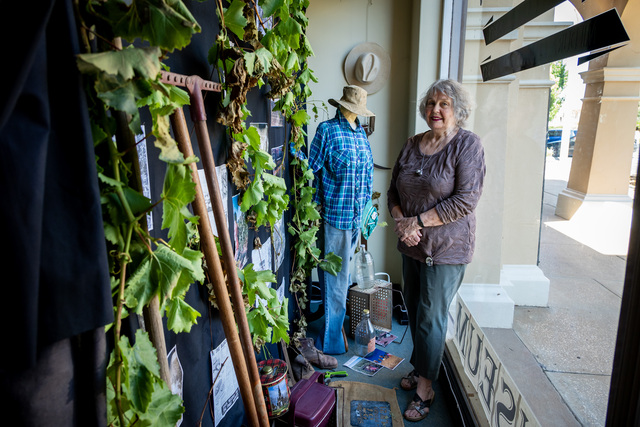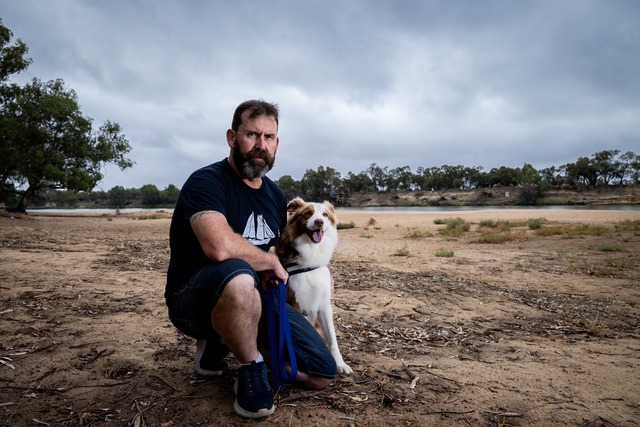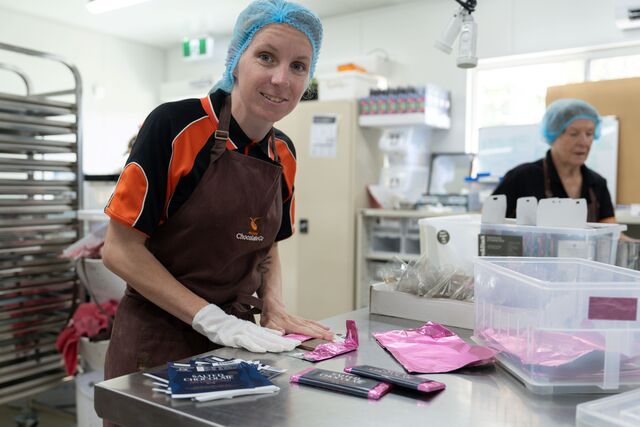MEMBER for Mildura Ali Cupper says legislation that will allow eligible historical convictions to be hidden on a person’s criminal record will ensure people do not pay for life for making a bad decision in their youth.
The Spent Convictions Bill 2020 means that convictions for eligible minor offences will become “spent” and no longer show up in a police check after 10 years, or five years for a juvenile conviction, if the person does not reoffend during that time.
Police and courts will continue to have full access to criminal history information and complete records will still be released when required for certain employers and third parties to make necessary risk assessments – such as checks for working with children.
Ms Cupper said that while the Bill would cover a variety of age groups, children would be among those to benefit most from the legislation.
“The average teenager does not have the same level of functioning or reasoning skills or empathy or impulse control as an average adult,” Ms Cupper told State Parliament.
“It often means drinking too much or mouthing off at someone you should not or sneaking out late at night, stealing your parent’s car for a few hours — all of those sorts of things,” she said.
“Most of those dumb things, though, will not haunt you forever if that is as far as you go.
“The key thing is, though, that these kids are not inherently bad, but their circumstances are usually tougher.”
Ms Cupper said that when poverty, deprivation and trauma were added into the mix, “those stuff-ups get worse”.
“The answer is relatively simple — if you can break the cycle of poverty, break the cycle of disadvantage for those kids, you reduce the rate of crime, the likelihood of crime, and therefore you reduce the rate of criminal records in the first place but also you make our community safer,” she said.
“Breaking the cycle of child poverty and therefore the rate of child crime is not easy, but it is possible, very possible.
“When these kids or these young people know better and they want to do better, this Bill — and hopefully this legislation — will allow them to do so with less stigma and less embarrassment and more dignity.”

















